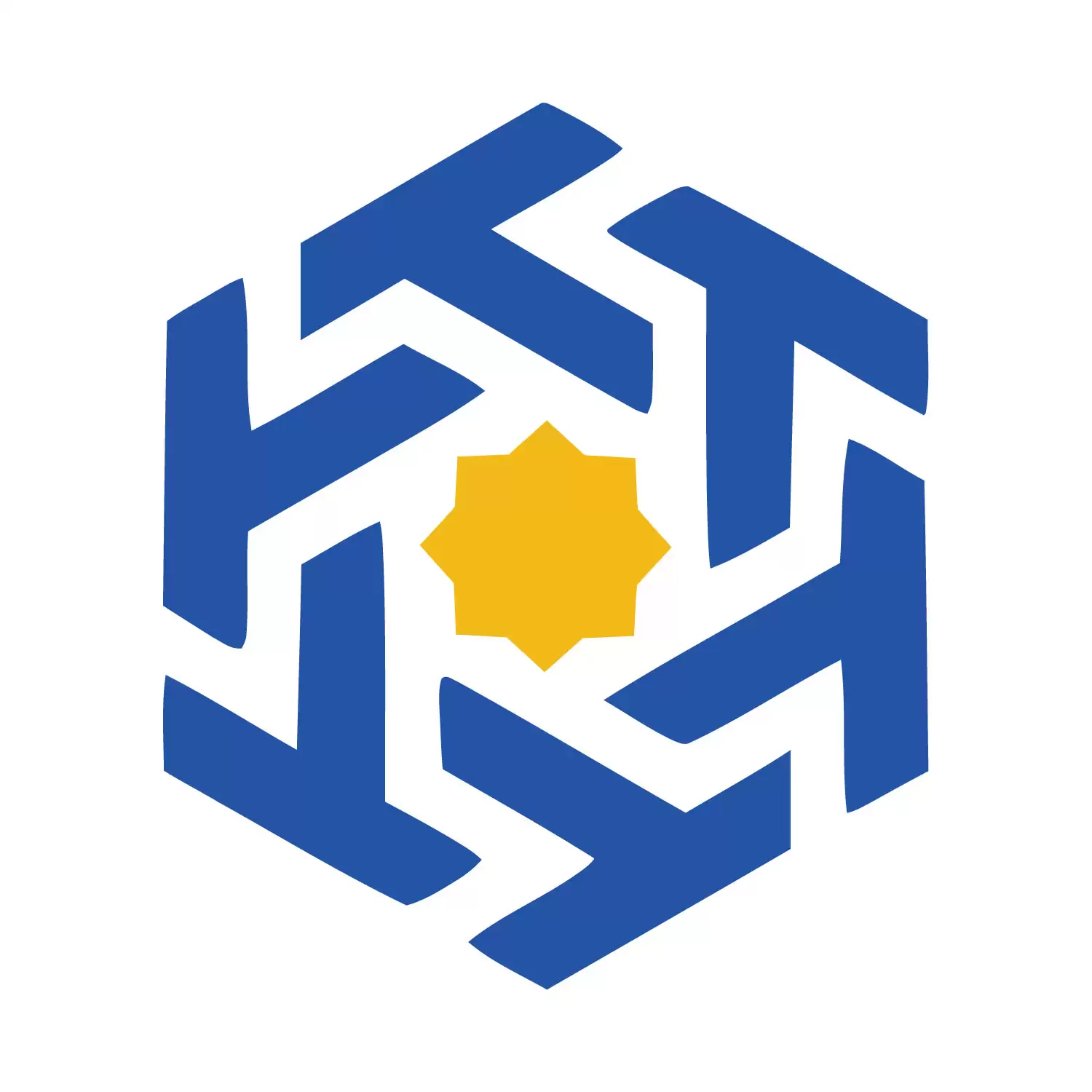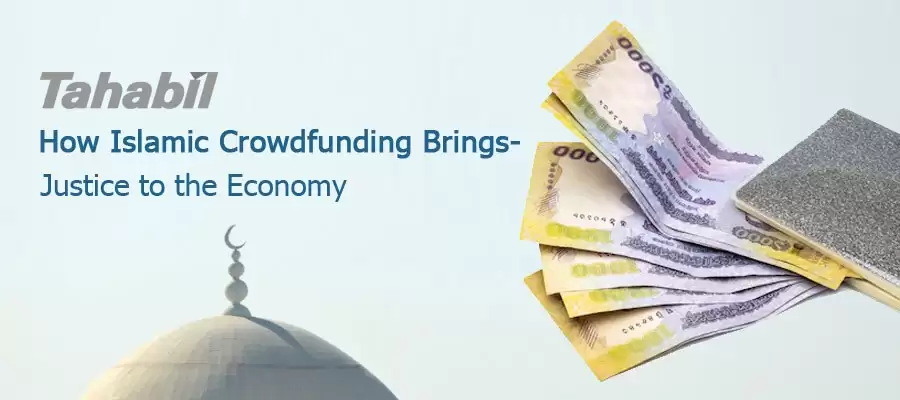 Admin
Admin
10 Jun 2024


10 Jun 2024
In a world where economic inequality and exploitative financial practices dominate, Islamic crowdfunding emerges as a revolutionary model that aligns profit with ethics, inclusion, and justice. By rejecting interest (riba) and embracing risk-sharing, transparency, and social responsibility, this Shariah-compliant approach is reshaping economies—one ethical investment at a time. Let’s explore how Islamic crowdfunding fosters economic fairness and why platforms like Tahabil are leading this transformative movement.
Traditional financial systems thrive on riba (interest), which disproportionately burdens low-income borrowers while concentrating wealth among lenders. For example:
Debt traps: Micro-entrepreneurs in Bangladesh often pay 20-30% interest on loans, perpetuating cycles of poverty.
Wealth concentration: The top 10% of Bangladesh’s population owns 76% of wealth (World Inequality Lab, 2023).
Islamic finance offers an alternative: interest-free, asset-backed transactions that prioritize shared risk and collective benefit.
Islamic crowdfunding operates on core principles that inherently promote economic equity:
How it works: Instead of charging interest, projects are funded through:
Mudarabah (profit-sharing): Investors and entrepreneurs split profits fairly.
Qard Hasan (benevolent loans): Interest-free loans for emergencies or social causes.
Impact: Eliminates exploitative debt and redistributes wealth.
Rule: Every transaction must link to a tangible asset or service (e.g., agriculture, renewable energy).
Example: Crowdfunding a solar-powered irrigation system for rural farmers ensures real economic value, not speculative gains.
Social justice mechanism: Platforms like Tahabil allow users to channel zakat (obligatory alms) and sadaqah (voluntary charity) into projects like:
Education for underprivileged children.
Healthcare access in climate-vulnerable regions.
As Bangladesh’s first Shariah-compliant crowdfunding platform, Tahabil is pioneering economic justice through:
Halal Microfinance: Interest-free loans (Qard Hasan) for emergencies like medical treatments or flood recovery.
SDG-Aligned Projects: 70% of funded initiatives target SDG 1 (No Poverty) and SDG 8 (Decent Work).
Blockchain Transparency: Every zakat donation is traceable, ensuring funds reach verified beneficiaries.
Reduces wealth gaps: Profit-sharing models prevent wealth hoarding.
Boosts grassroots entrepreneurship: 63% of Tahabil-funded projects are led by women or rural entrepreneurs.
Builds climate resilience: 25% of projects focus on renewable energy and disaster preparedness.
While Islamic crowdfunding is transformative, challenges remain:
Awareness: Many still equate “interest-free” with “profit-free.”
Regulatory hurdles: Bangladesh needs clearer policies for Shariah-compliant fintech.
Scalability: Expanding rural access through USSD/mobile apps is critical.
Solution: Collaboration between governments, NGOs, and platforms like Tahabil to create enabling ecosystems.
Islamic crowdfunding isn’t just about avoiding interest—it’s about rebuilding economies on principles of justice, dignity, and shared prosperity.
Join the movement:
Invest ethically: Explore projects on www.tahabil.com
Advocate: Demand policies that support ethical finance.
"Interest-free today, equitable tomorrow."
— The Tahabil Team
 your money halal way.
your money halal way.